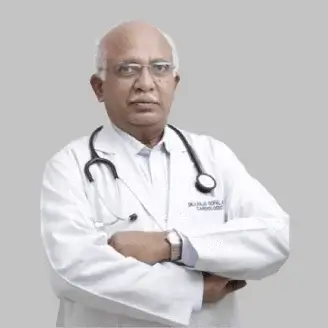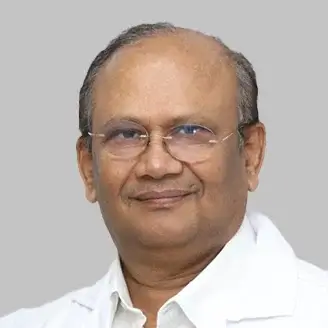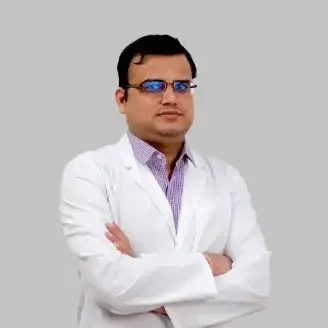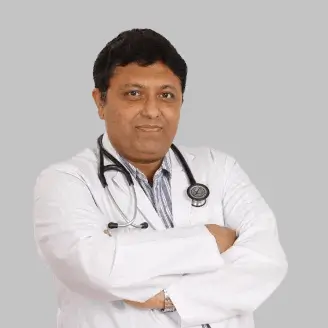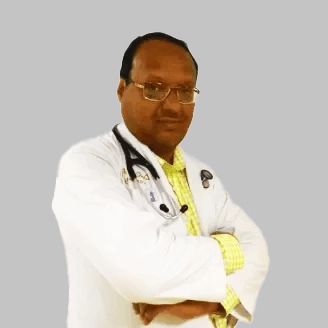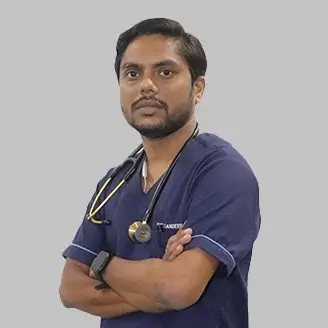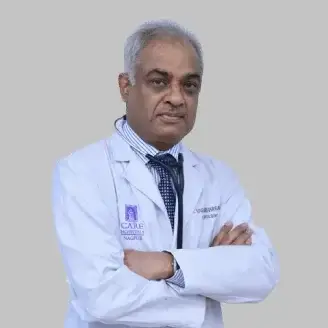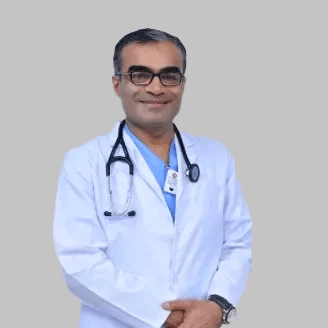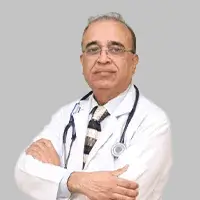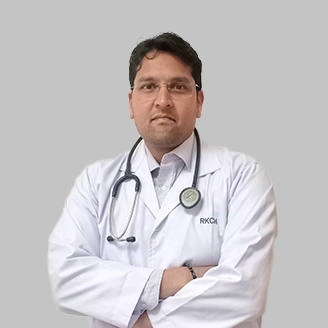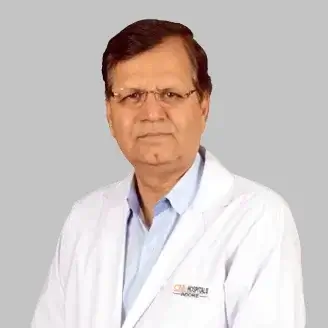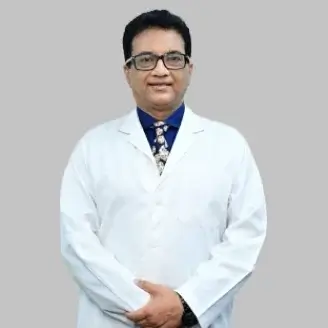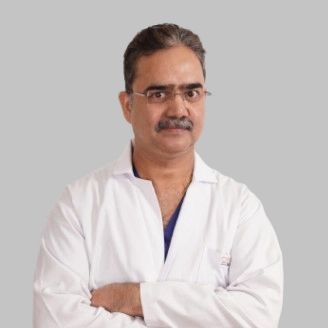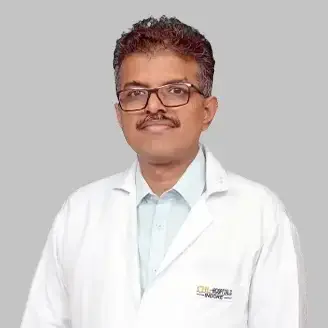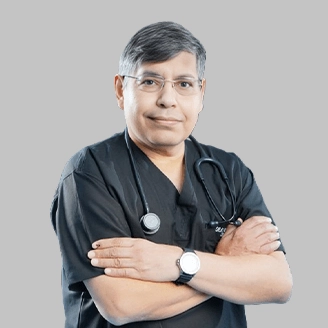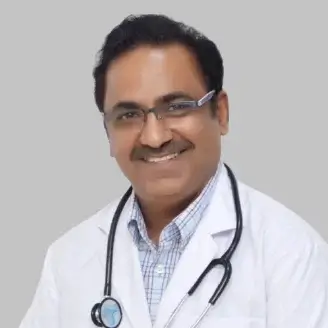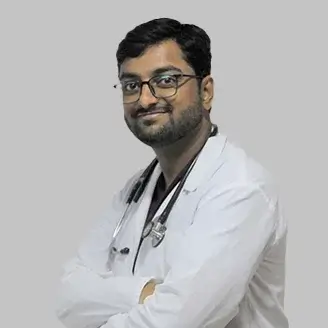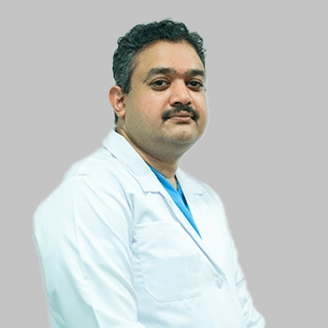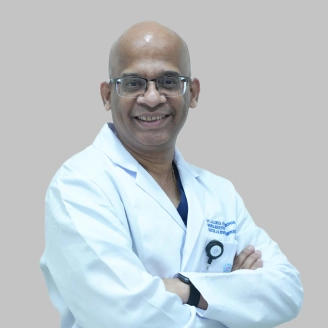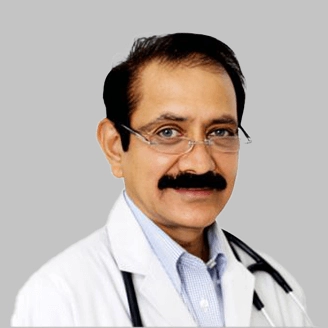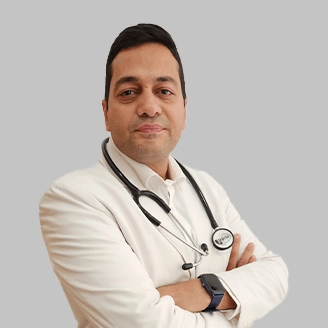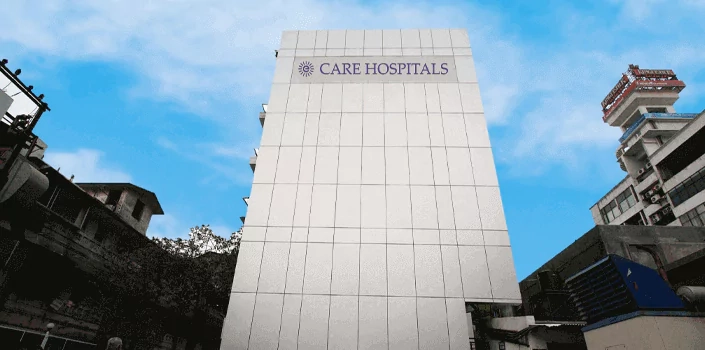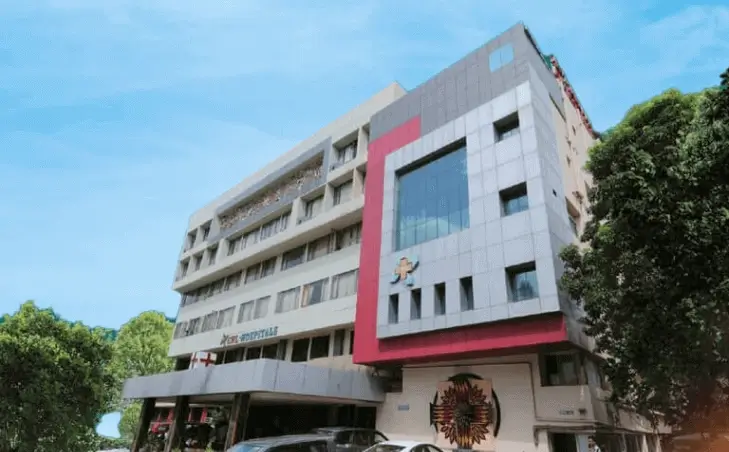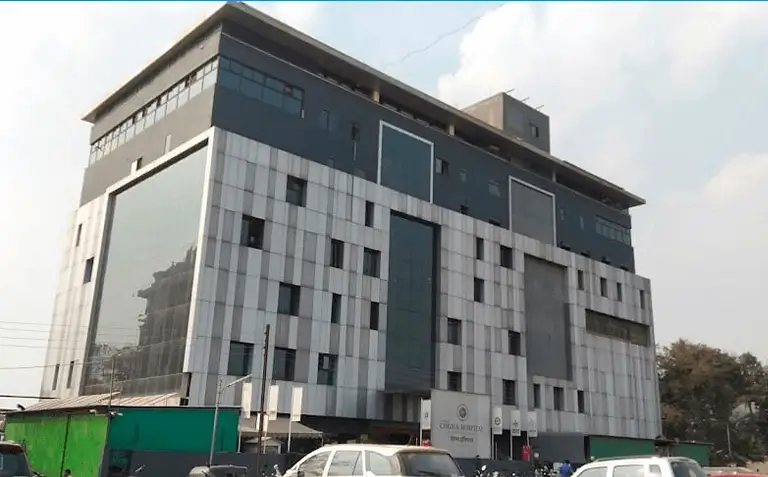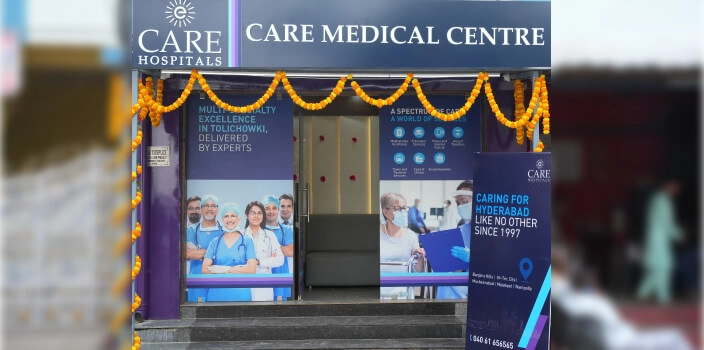-
Doctors
-
Specialities & Treatments
Centre of Excellence
Specialties
Treatments and Procedures
Hospitals & Directions HyderabadCARE Hospitals, Banjara Hills CARE Outpatient Centre, Banjara Hills CARE Hospitals, HITEC City CARE Hospitals, Nampally Gurunanak CARE Hospitals, Musheerabad CARE Hospitals Outpatient Centre, HITEC City CARE Hospitals, Malakpet
HyderabadCARE Hospitals, Banjara Hills CARE Outpatient Centre, Banjara Hills CARE Hospitals, HITEC City CARE Hospitals, Nampally Gurunanak CARE Hospitals, Musheerabad CARE Hospitals Outpatient Centre, HITEC City CARE Hospitals, Malakpet Raipur
Raipur
 Bhubaneswar
Bhubaneswar Visakhapatnam
Visakhapatnam
 Nagpur
Nagpur
 Indore
Indore
 Chh. Sambhajinagar
Chh. SambhajinagarClinics & Medical Centers
Book an AppointmentContact Us
Online Lab Reports
Book an Appointment
Consult Super-Specialist Doctors at CARE Hospitals

Best Cardiac Ablation Surgery in Hyderabad
- Advanced Technology
- Shorter Hospital Stay
- Pre & Post-Operative Care
- All Insurance Accepted

Chat With Our Experts
Get second opinion on Whatsapp
25 lakhs+
Happy Patients
Experienced and
skilled surgeons
17
Health Care Facilities
Top most Referral Centre
for Complex Surgeries
Advanced Cardiac Ablation Surgery
Catheter ablation delivers soaring success rates in treating Wolff–Parkinson–White syndrome and serves as a powerful solution for heart rhythm disorders. This surgical procedure fixes arrhythmias by destroying small areas of heart tissue that trigger irregular heartbeats. Doctors recommend this procedure after medications fail to control arrhythmia.
This article covers everything you need to know about catheter ablation surgery - from getting ready and what happens during surgery to what you can expect during recovery.
Why CARE Group Hospitals is Your Top Choice for Cardiac Ablation Surgery in Hyderabad
CARE Hospitals leads with India's largest team of cardiologists. Their cardio-thoracic department stands among the nation's best centres for cardiac surgery. The quality matches leading global healthcare facilities. Patients benefit from high doctor-patient ratios and 24/7 access to cardiologists, cardiac surgeons, and critical care specialists.
Best Cardiac Ablation Surgery Doctors in India


State-of-the-art Surgical Breakthroughs at CARE Hospital
CARE Hospital leads cardiac treatment with advanced technology:
- Latest Digital Cath Labs with Digital Subtraction Angiography
- 1.5 Tesla MRI scanning machine and Spiral CT scan
- Dual Spect Gamma Camera for Nuclear Cardiology
- Robotic systems that give electrophysiologists better precision during procedures
Conditions for Cardiac Ablation Surgery
CARE Hospital successfully treats several arrhythmias through cardiac ablation:
- Atrial fibrillation (AFib) and atrial flutter
- Atrial tachycardia
- Atrioventricular nodal reentrant tachycardia (AVNRT)
- Paroxysmal supraventricular tachycardia (PSVT)
- Wolff-Parkinson-White syndrome
Types of Cardiac Ablation Procedures
CARE tailors ablation approaches to each patient:
- Radiofrequency ablation using heat energy
- Cryoablation using extreme cold
- Minimally invasive catheter-based procedures
- Hybrid surgical-catheter ablation that combines catheterisation with thoracoscopic surgery for persistent AFib
The hospital's electrophysiology team specialises in Radio Frequency Ablation to treat cardiac arrhythmias. This expertise makes CARE a leading choice for heart rhythm disorders in Hyderabad.
Pre-surgery Preparation
- Your doctor will tell you to stop some medicines like blood-thinning medications.
- Tell your healthcare team about all your current medications.
- You should not eat or drink anything after midnight before your surgery.
- Wear something comfortable.
- Don't wear any jewellery with you.
Cardiac Ablation Surgical Procedure
A team of specialists performs the procedure in a hospital electrophysiology lab. You will get sedation through an IV line in your arm. Your doctor will:
- Clean and numb the insertion area
- Insert a small tube (sheath) into a blood vessel in your groin, arm, or neck
- Thread catheters through the sheath into your heart
- Map the heart's electrical activity to locate problem areas
- Use either radiofrequency (heat) or cryoablation (cold) to destroy the problematic tissue
- The whole ordeal usually takes 3-6 hours.
Post-surgery Recovery
You'll need to lie flat up to six hours after the procedure to prevent bleeding. Most patients get back to their normal routine the day after leaving the hospital. Your doctor will ask you to avoid heavy physical activity, driving, and lifting anything over 10 pounds during the first week. The incision site needs to stay clean and dry, so don't submerge it in water.
Risks and Complications
Cardiac ablation comes with relatively low risks. More serious complications are rare but can include blood clots, phrenic nerve injury, cardiac perforation, and pulmonary vein stenosis. Other risks include possible damage to heart valves, the heart's electrical system, or nearby blood vessels.
Benefits of Cardiac Ablation Surgery
Benefits are:
- This procedure can bring your heart rhythm back to normal when medications don't work.
- This minimally invasive procedure results in faster recovery and less scarring.
- Reduce and relieve the symptoms
- No need for long-term medications
Insurance Assistance for Cardiac Ablation Surgery
Medical insurance pays for cardiac ablation if it's medically necessary. Private insurance companies might need pre-certification to provide coverage.
Second Opinion for Cardiac Ablation Surgery
Getting a second opinion helps you make better decisions with peace of mind. Most doctors support and encourage second opinions, especially for major procedures. You might want to talk to specialists who have extensive experience with cardiac ablation. They can review your case and suggest other treatments if needed.
Conclusion
Cardiac ablation has transformed treatment options for people with heart rhythm disorders.
CARE Group Hospitals provides an ideal setting for cardiac ablation procedures in Hyderabad. Their skilled cardiologists use state-of-the-art equipment like Digital Cath Labs. The hospital's track record of thousands of successful cardiac procedures makes it a reliable choice for treating heart rhythm issues.
Your heart needs the best care possible. The cardiac ablation programme at CARE Hospitals could give you the solution you've been looking for.
Best Cardiac Ablation Surgery Hospitals in India
-
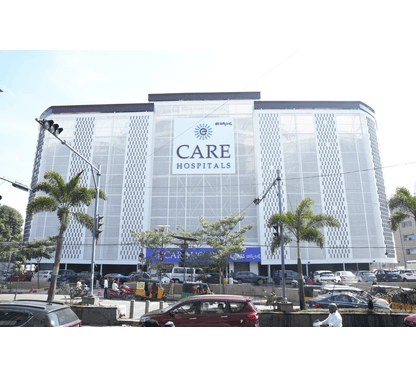
CARE Hospitals, Banjara Hills, Hyderabad
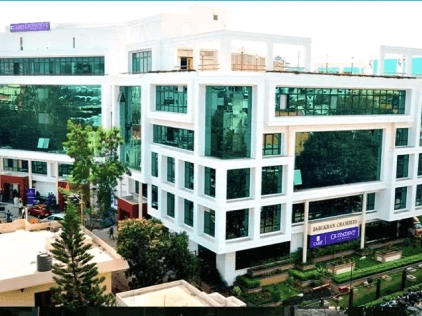
CARE Hospitals Outpatient Centre, Banjara Hills, Hyderabad
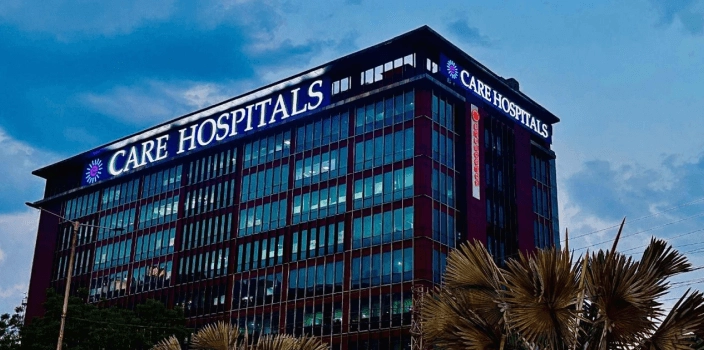
CARE Hospitals, HITEC City, Hyderabad
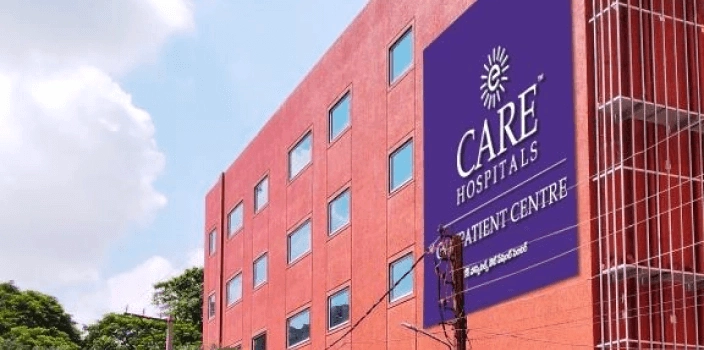
CARE Hospitals Outpatient Centre, HITEC City, Hyderabad
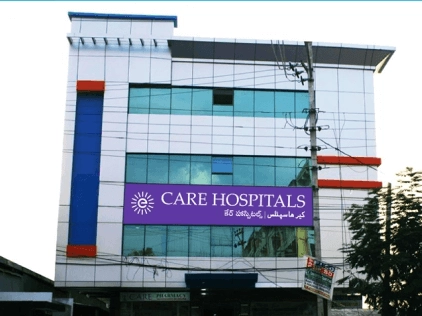
Gurunanak CARE Hospitals, Musheerabad, Hyderabad
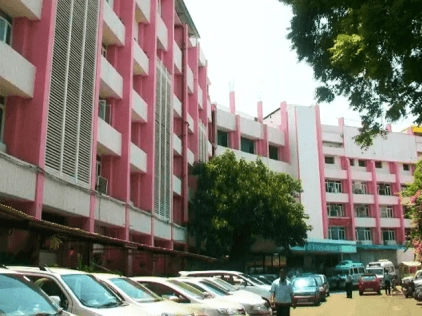
CARE Hospitals, Nampally, Hyderabad
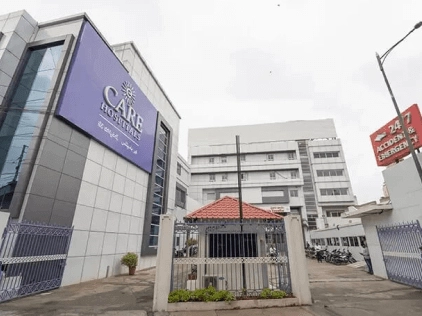
CARE Hospitals, Malakpet, Hyderabad
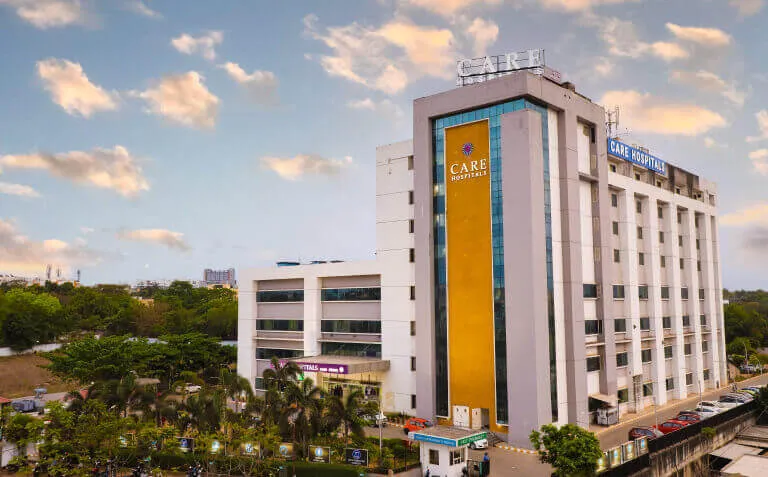
CARE Hospitals, Bhubaneswar
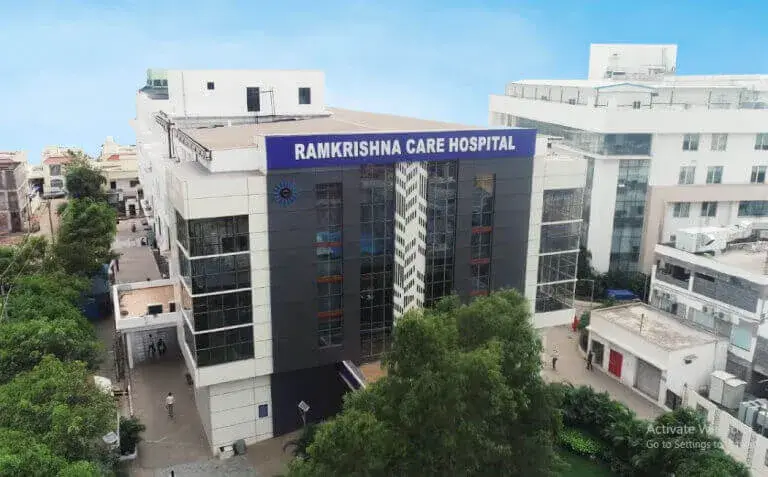
Ramkrishna CARE Hospitals, Raipur
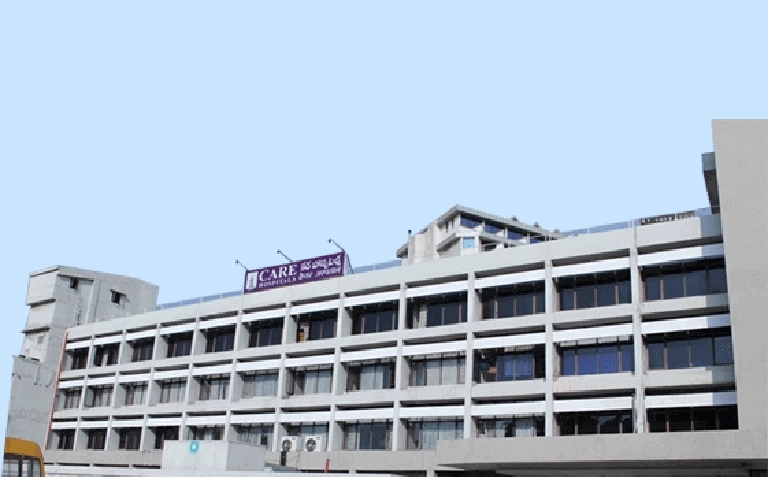
CARE Hospitals, Ramnagar, Visakhapatnam
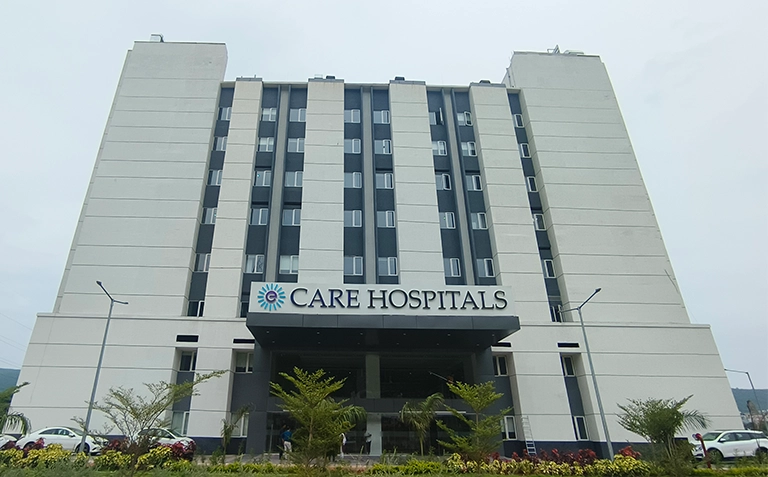
CARE Hospitals, Health City, Arilova
Frequently Asked Questions
Cardiac ablation surgery is a minimally invasive procedure that uses thin, flexible tubes called catheters. These tubes eliminate small areas of heart tissue that cause irregular heartbeats. The catheters deliver either radiofrequency energy (like microwave heat) or extreme cold to destroy problematic tissue. The surrounding areas remain unharmed. This process blocks faulty electrical signals that trigger arrhythmias and helps restore your heart's regular rhythm.
Doctors suggest catheter ablation when medicines can't control arrhythmias or cause serious side effects. This treatment works well for specific heart rhythm disorders like Wolff-Parkinson-White syndrome, supraventricular tachycardia, atrial flutter, or atrial fibrillation. The latest guidelines suggest catheter ablation could be a good first treatment option for some patients with symptoms, even before trying antiarrhythmic drugs.
Most candidates have a normal-sized left atrium. All the same, you might still qualify even with an enlarged left atrium. Early treatment is vital since atrial fibrillation gets harder to treat as time passes. Your doctor will run several tests, such as electrocardiograms, echocardiograms and maybe CT scans or MRIs, to check if you're a good fit.
Cardiac ablation is a safe procedure with few complications. Major complications happen in only a few cases. Heart procedures can make anyone nervous, but knowing the low risks involved helps ease those worries.
The procedure usually takes 3-4 hours. This time includes getting ready, doing the actual procedure, and monitoring your recovery afterwards. You should plan to spend most of your day at the hospital.
Cardiac ablation isn't a major surgery. It's a minimally invasive procedure that needs just small incisions and special catheters. The recovery time is much shorter than traditional open-heart surgery, and it has fewer complications.
Bruising or swelling where the catheter goes in are common side effects. Some risks are:
- Vascular complications
- Pericardial effusion/tamponade
- Stroke/transient ischemic attack
You will spend a few hours in a recovery area where doctors watch you closely. Most patients return to their daily routine within a few days. Your body needs several weeks to heal completely.
During your first week, avoid these activities:
- Heavy lifting (more than 10 pounds)
- Strenuous exercise
- Driving
The incision site needs to stay clean and dry. Don't submerge it in water.
The procedure improves life quality for most patients. Some patients might see their condition return at some point. The success rate for curing atrial fibrillation is high.
Doctors perform cardiac ablation using:
- General anaesthesia (complete unconsciousness with intubation)
- Deep sedation (almost general anaesthesia depth but usually without intubation)
- Conscious sedation (patient responds to verbal commands)
Research shows ablation offers more benefits than pacemaker therapy:
- Reduced risk of all-cause mortality
- Lower risk of stroke
- Decreased risk of heart failure
- Reduced risk of progression to persistent atrial fibrillation
Heart rate often increases after ablation because the procedure affects the heart's nerve connections. This change doesn't last long - your autonomic function usually recovers within a month.
Your recovery plan includes:
- Follow-up visits for up to a year
- Taking prescribed medications
- ECG monitoring to check for arrhythmia recurrence
- Cardiac rehabilitation if recommended
Doctors often suggest limiting caffeine, alcohol and highly processed foods. A heart-healthy diet supports your recovery and long-term heart health.
Still Have a Question?



